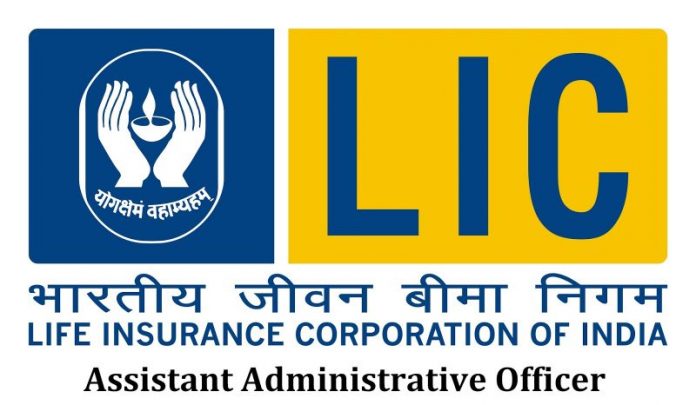Important Insurance terms for LIC AAO Exam (Part -I)
We are here with the glossary of Important insurance terms which may be asked in the upcoming LIC AAO Exam 2016.
Agent – Anyone who solicits insurance, delivers policies and collects premiums on behalf of an insurance company.
Application – A formal request for insurance coverage, containing information provided by the applicant that assists the insurance company in determining eligibility for insurance. The application is signed by the applicant and becomes part of the insurance contract if a policy is issued.
Assignee – In insurance, the person (corporation, partnership, or other organization) to whom aright or rights under a policy are transferred by means of an assignment.
Assignment – In insurance, a legal transfer of ownership of a policy by the policy owner to another party.
Beneficiary – In insurance, the person to whom the proceeds of an insurance policy are payable. The various types of beneficiaries are; primary beneficiaries (those first entitled to proceeds), secondary beneficiaries (those entitled to proceeds if no primary beneficiaries are living); and tertiary beneficiaries (those entitled to proceeds if no primary or secondary beneficiaries are living).
Benefit – In insurance, the sum of money payable upon the happening of the conditions set out in the insurance policy. For example, the benefit is payable in a life insurance policy upon the death of the insured.
Business Continuation Plan – A contingency plan put in place by a business to deal with the unexpected death or disability of an owner or key employee.
Buy-Sell Agreement – An agreement between owners of a business stipulating when and how the owner’s interest will be sold to a pre-specified party under a pre-determined pricing formula.
Cash Value – In insurance, the equity amount or cash accumulation in a permanent life insurance policy.
Cash Surrender Value – In insurance, the amount of money redeemable to the owner of a permanent life insurance policy when the policy is surrendered to the company.
Collateral – An asset of value that is pledged as security for a loan.
Contract (Insurance Contract) – An agreement, enforceable by law, whereby the insurance company binds itself to certain promises or deeds conditioned on the payment of premiums due.
Conversion Option – Allows the policy owner, before an original insurance policy expires, to elect to have a new policy issued that will continue the insurance coverage without showing evidence of insurability (i.e. without taking a medical exam).
Convertible Term – A term insurance contract that may be converted to a permanent form of insurance without a medical examination.
Credit Life Insurance – Usually written as term insurance on a relatively small installment loan that may reflect direct borrowing or a balance due for merchandise purchased. If the borrower dies, the balance due is paid.
Credit Report – A summary of an applicant’s credit history for insurance, loans, credit, etc., made by an independent organization that has investigated the applicants credit standing.
Decedent – An insured who has passed away.
Disability – Physical or mental impairment making a person incapable of performing one or more duties of his or her occupation.
Dividend -Policy owner’s share in the divisible surplus of a company issuing insurance on a participating basis.
Durable Power of Attorney – A power of attorney that continues to remain in effect after you become disabled, or that comes into existence when you become disabled.
Estate – The value of all of one’s assets at their death.
Estate Settlement Costs – Probate costs and estate taxes.
Evidence of Insurability – Any statement or proof of a person’s physical condition, occupation, etc., affecting acceptance of the applicant for insurance
Face Amount – In insurance, the amount of benefit an insurance policy will pay in the absence of loans against the policy. Also known as the principal sum, or benefit amount.
Fair Credit Reporting Act – Federal law requiring an individual to be informed if he or she is being investigated by an inspection company.
Flexible Death Benefit – A flexible death benefit may be changed by altering the amount you choose to pay in premiums on a universal or universal variable life insurance policy.
Flexible Premium – In insurance, a flexible premium allows the policy owner to vary how much they pay in premiums. If a policyholder pays less than the required premium, they may be required to pay higher premiums in the future to maintain coverage.
Free-Look – In insurance, a provision required in most states where by policy owners have a specific number of days to examine their new policies at no obligation. Typical free-look periods are from 10 to 60 days depending on the product sold.
Fully Underwritten Insurance – Insurance coverage that requires a full underwriting process. Underwriting determines the premium you must pay for a given amount of insurance coverage. A full underwriting process generally requires a medical examination.
Good to read: Important Insurance Abbreviations Part-I & Part -II


















